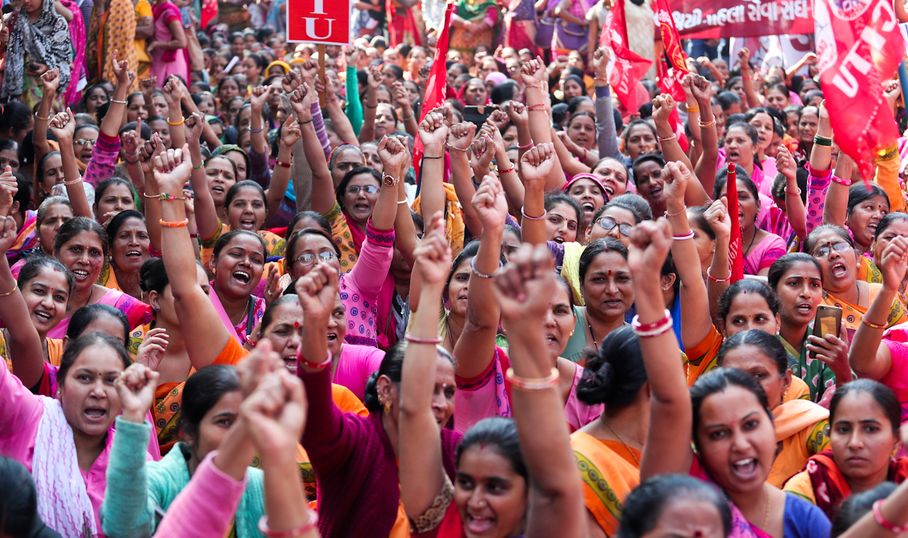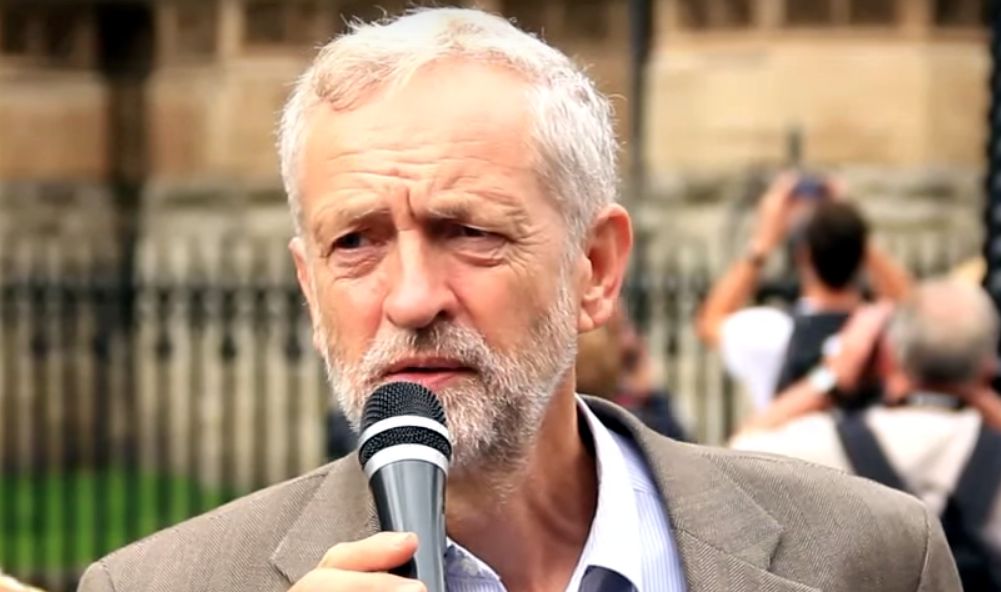Anonymous is a nurse and shop steward in a hospital in Brussels.
From Applause to Being Stabbed in the Back
Colleagues with a few years of experience felt it coming: following the applause the stabbing in the back. Health care workers off course knew it all along: the politicians who applaud the “heroes” are the same ones guilty of many years of cuts and neglect of the health sector. A first protest of health workers in Brussels however forced the government to retreat on two proposed attacks.
Stabbed in the back
The crisis was used to attack the conditions of workers. The Flemish government wanted to introduce flexible and precarious contracts in residential care centres under the pretext of fighting staff shortages. In concrete terms, the aim was to hire staff through external companies. However this does not solve the problem of staff shortages and it jeopardises the current pay and employment conditions.
The main attack however came from the federal minority government. This government is ruling with special powers to avoid having to go through parliament for all decisions. The social democratic and green opposition parties voted to give the government these special powers. Minister Maggie De Block (Open Flemish Liberals and Democrats, rightwing liberal) proposed two Royal Decrees that were pure provocation. The first decree was aimed at requisitioning health care personnel, under threat of fines and even prison sentences. This was proposed as a measure to avoid shortages. There are however veritable armies of volunteers in all regions of the country: people with a health care diploma but who are not immediately active in the sector. In Flanders alone more than 5,000 people are ready to volunteer.
The second decree aimed at delegating nursing tasks to non-qualified workers. But then, why would nurses have to study three to four years? This decree follows the logic of the industrialization of healthcare. Due to the constant pressure for rationalization (cut backs disguised as efficiency gains), care is understood as a series of purely technical consecutive acts like on an assembly line. The human and social aspect is completely forgotten.
Mental exhaustion
It goes without saying that the coronavirus crisis is having a serious mental impact on the well-being of health care workers. The results of the second poll (beginning of May) of the online platform De ZorgSamen.be of 3.298 health professionals speaks for itself. More than half of the respondents stated that they were under high pressure. Complaints about fatigue, concentration problems and the inability to relax are significantly higher than usual. Four times as many people feel unhappy compared to the pre-crisis period. Almost three times more people than usual are thinking of leaving the profession.
A study by the University of Antwerp, in which 1,216 nurses and care workers were questioned in early May, showed that protective equipment was still insufficient. The daily paper De Standaard concluded: “Confidence in the authorities is low among health care workers: half of them have little confidence in their ability to cope with the crisis”.
A first victory!
The opposition of trade unions and professional organisations against the royal decrees, in particular, is stronger on the French-speaking side of the country. But the indignation of carers and trade union representatives in Flanders was not negligible!
On May 16, workers of the St Pierre Hospital in Brussels held a protest during the first visit of Prime Minister Wilmès (Reformist Movement (MR), rightwing liberal) to a hospital. The staff turned its back to the prime minister to show their disgust. This action struck a chord and can become one of the emblematic images of the protest movement of care workers.
Since 2019, workers from Brussels hospitals have been playing a leading role. In one way or another, there is a relative media boycott on this subject in Flanders. But that was not the case this time. The next day, nothing else was discussed at work and we can safely say that this calm but strong action was a signal of hope for all health workers.
Liberal minister Marie-Christine Marghem poured even more oil on the fire. She dismissed the protesting care workers as “spoiled children”. Her liberal party (MR) chairman, Georges-Louis Bouchez, is usually a provocateur par excellence. Now he was forced to criticize Marghem publicly. Minister De Block realized that it was better to suspend the provocative decrees. Some understand quicker than others that they are on slippery ice and that the current situation is explosive. Two days after the protest the government announced that both decrees were suspended.
Fierce anger is coming…
To achieve real victories, it will be necessary to build a relation of forces both in the workplace and in society. If we want a massive movement of “fierce anger”, we will have to turn it into a real tsunami by proceeding step by step, with the necessary patience. This requires a plan of action that is discussed as widely as possible.
An initiative such as “Health in Struggle”, can help bring all sections of the workforce and the wider working class and their organizations, including employees of other (underpaid) essential services, together around common goals. “Health in Struggle” is a broad action committee set up by care workers in Brussels, which took the initiative to announce a major demonstration for more public investment in health care. This demonstration has been announced and will take place as soon as it is possible, given the unfolding context of the pandemic and restrictions.
All together! For quality health care for all!




